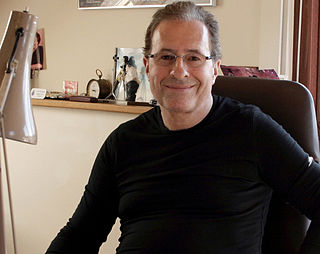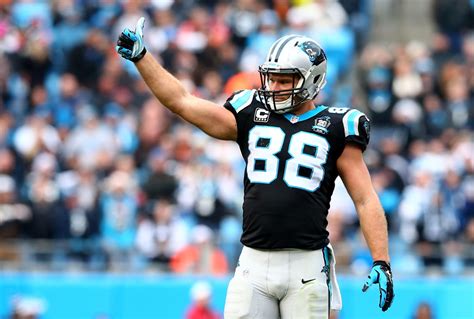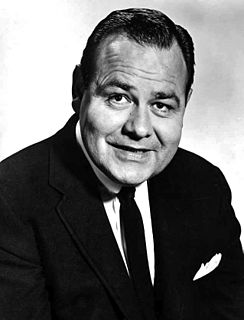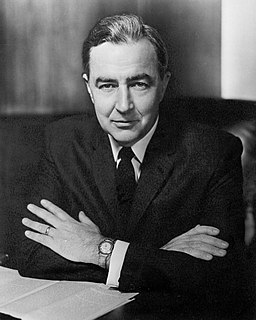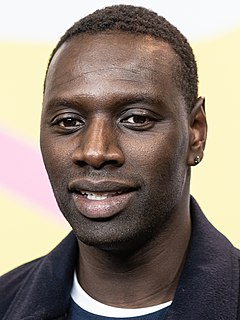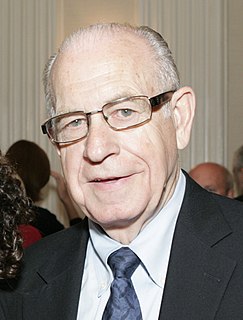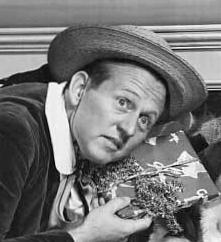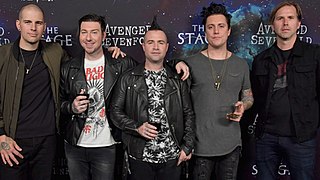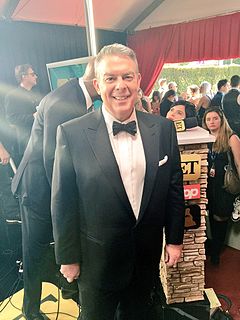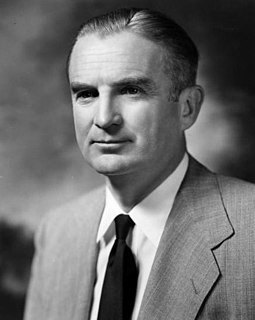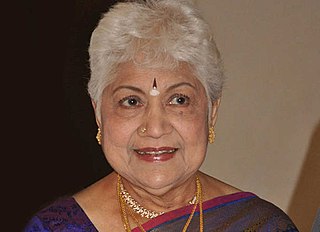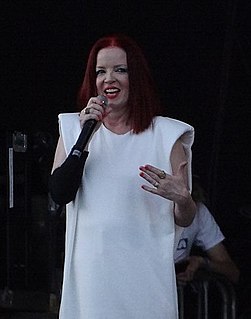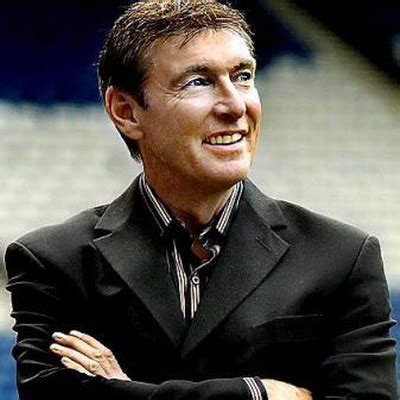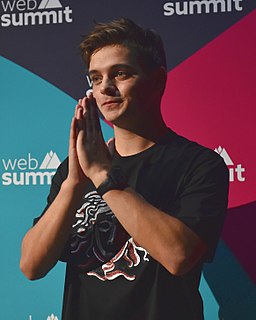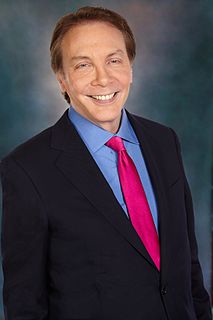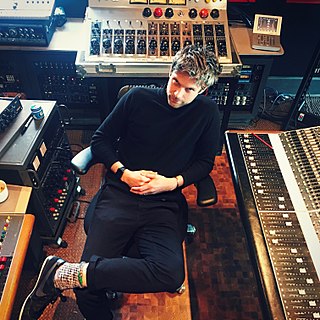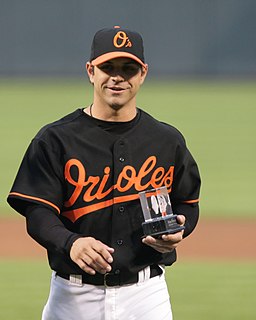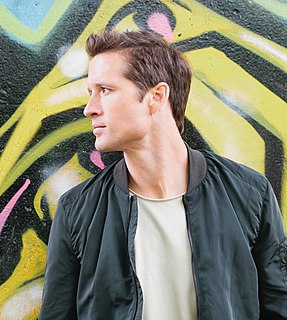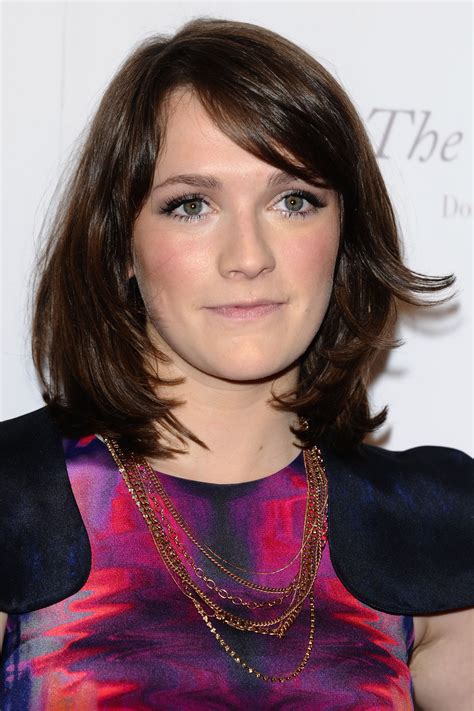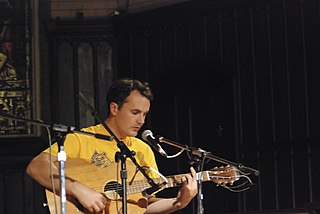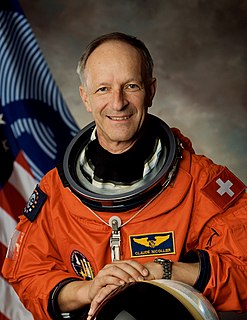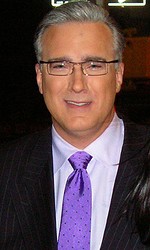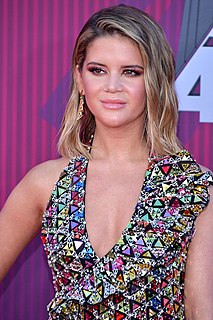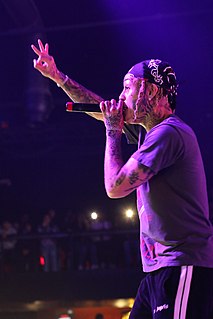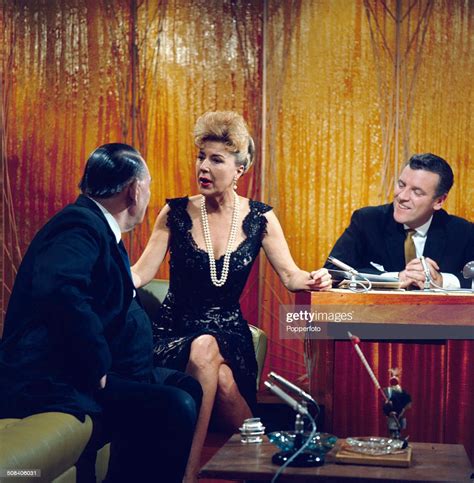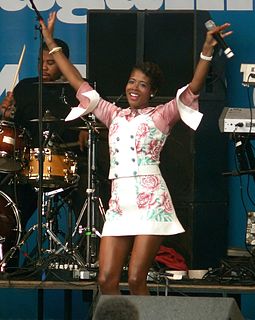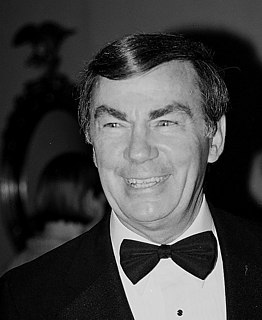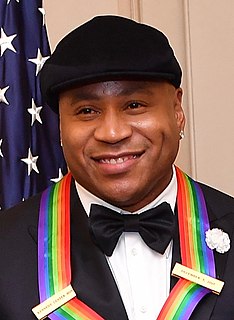Top 1200 Radio Quotes & Sayings - Page 2
Explore popular Radio quotes.
Last updated on April 16, 2025.
There is danger in the concentration of control in the television and radio networks, especially in the large television and radio stations; danger in the concentration of ownership in the press...and danger in the increasing concentration of selection by book publishers and reviewers and by the producers of radio and television programs.
I turn on the radio. I'm a really big fan of old-fashioned dial radio. I love WNYC and NPR and also 88.3 in New York, which is the jazz station, and it's usually good for background music. If I'm not in New York City or by a traditional radio, I'll stream it on my phone, although I usually try not to look at my phone first thing in the morning.
When my generation, those early days of television - I know I've been thinking about this lately - my two flashes of me as a little boy. One, I'm standing in front of the radio freaking out that Nat King Cole's singing 'Lady of Spain', just this stuff coming out of the radio, and Guy Williams singing 'Wild Horses' coming out of the radio.
What was the more likely cause of the Oklahoma City bombing: talk radio or Bill Clinton and Janet Renos hands-on management of Waco, the Branch Davidian compound?...Obviously, the answer is talk radio. Specifically Rush Limbaughs hate radio....Frankly, Rush, you have that blood on your hands now and you have had it for 15 years.
